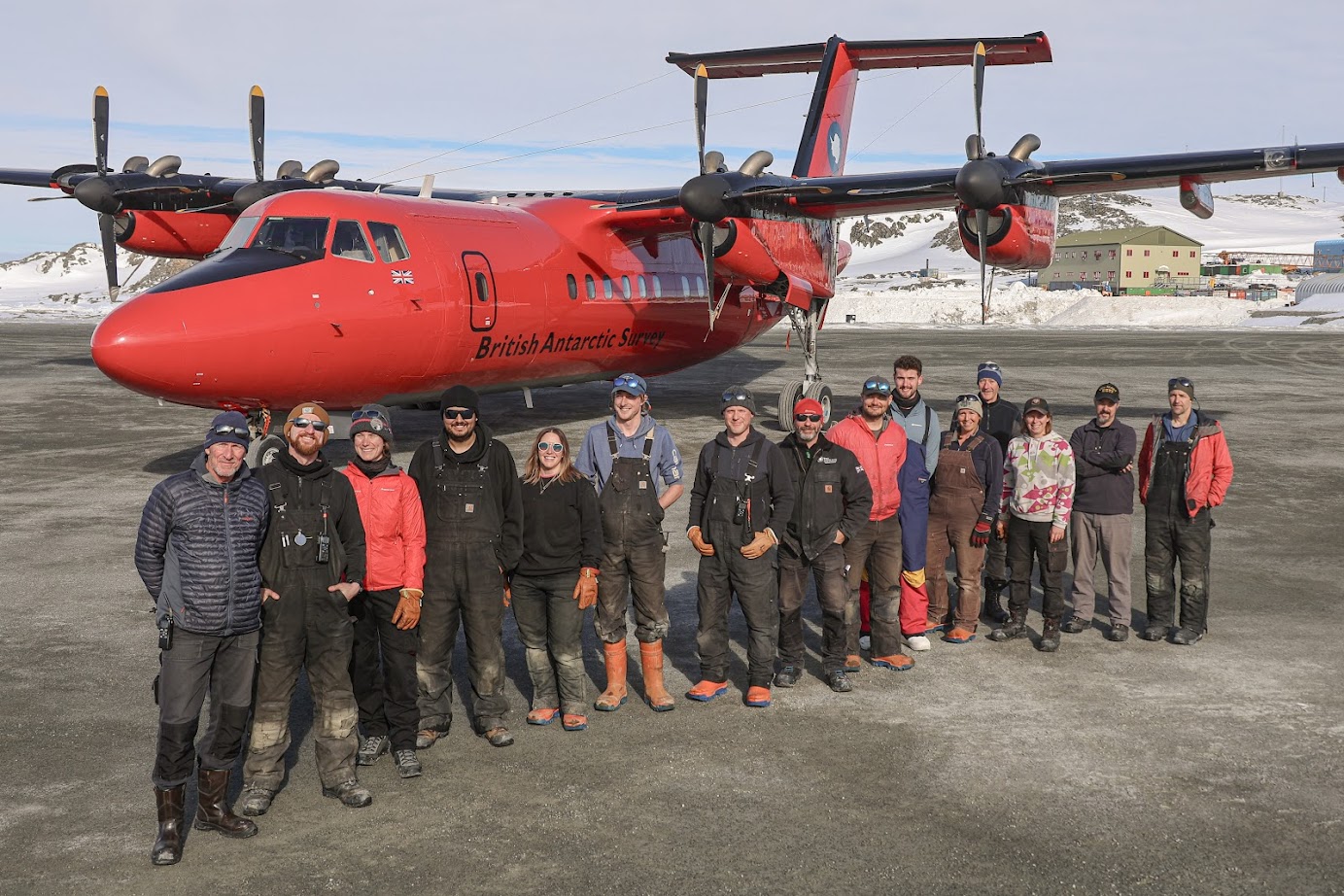New Year Honour for British Antarctic Survey’s Head of Air Unit
Rod Arnold, Head of the Air Unit at the British Antarctic Survey (BAS), has been awarded an MBE in the New Year Honours list for services to Polar Science and Aviation in British Antarctic Territory.
Rod manages a fleet of five aircraft that provide the route to and from Antarctica, as well as the primary medical evacuation capability and deep field logistics support, both to science campaigns and airborne science. The aviation capability is a critical enabler to the BAS mission and Rod is the key manager accountable for its activity and safety. He is co-chair of the Council of Managers of National Antarctic Programmes Specialist Aviation Group. His contribution to key strategic areas (Safety, Sustainability and EDI) has been exemplary and enduring.
Rod has worked at BAS for more than 34 years, starting in 1989 as a biologist delivering science in both the Arctic and Antarctica. Rod then became Field Operations Manager, organising the UK field programme for the delivery of science in the Antarctic. From recruiting mountaineers and organising fuel depot and field camps, to on-site tasking of the Dash 7 and Twin Otter aircraft, Rod meticulously planned daily activities for the busy Antarctic summer seasons.
Since taking on the role of Head of Air Unit in 2013, Rod has been instrumental in broadening the scope of the air operation. This includes aerial work and science delivery for key stakeholders, ranging from other Natural Environment Research Council (NERC) centres to the European Space Agency, NASA and the US National Science Foundation.
Rod is extremely well regarded by the international aviation and worldwide polar science communities. Rod received his honour for exceptional work as Head of the BAS Air Unit via the Foreign, Commonwealth and Development Office (FCDO).
Rod said he was delighted to be recognised in the New Year Honours:
“I am honoured to be appointed MBE. I feel privileged to work with such a dedicated team of aviation, operations and science professionals and privileged to have a long service in supporting vital polar science for the UK.”
